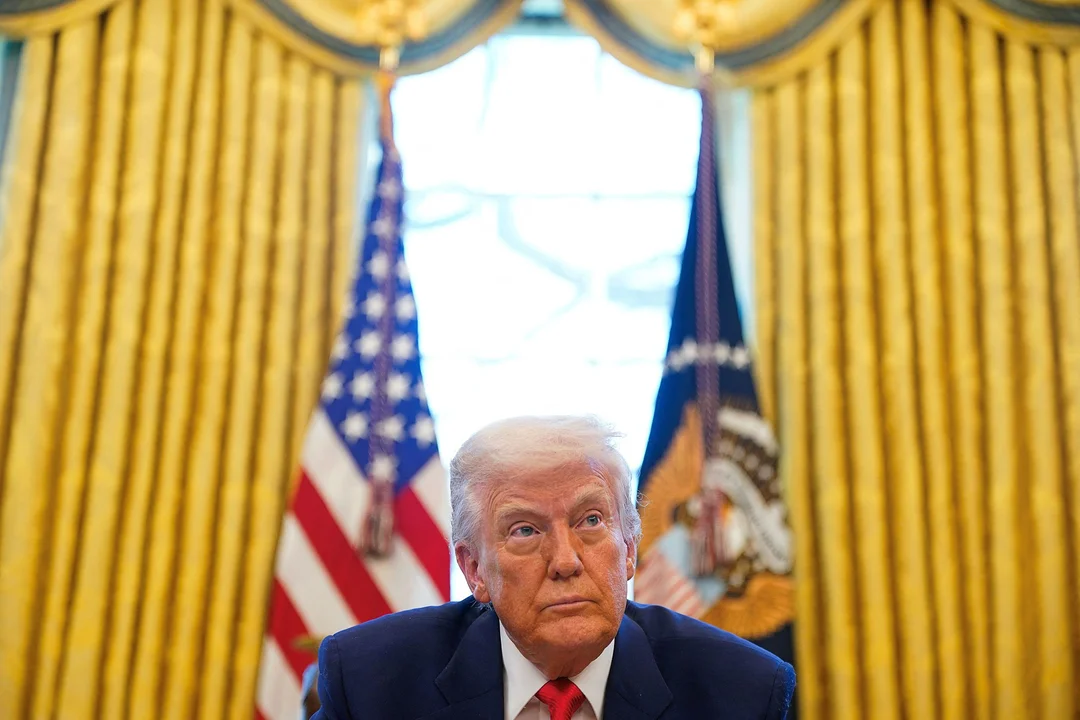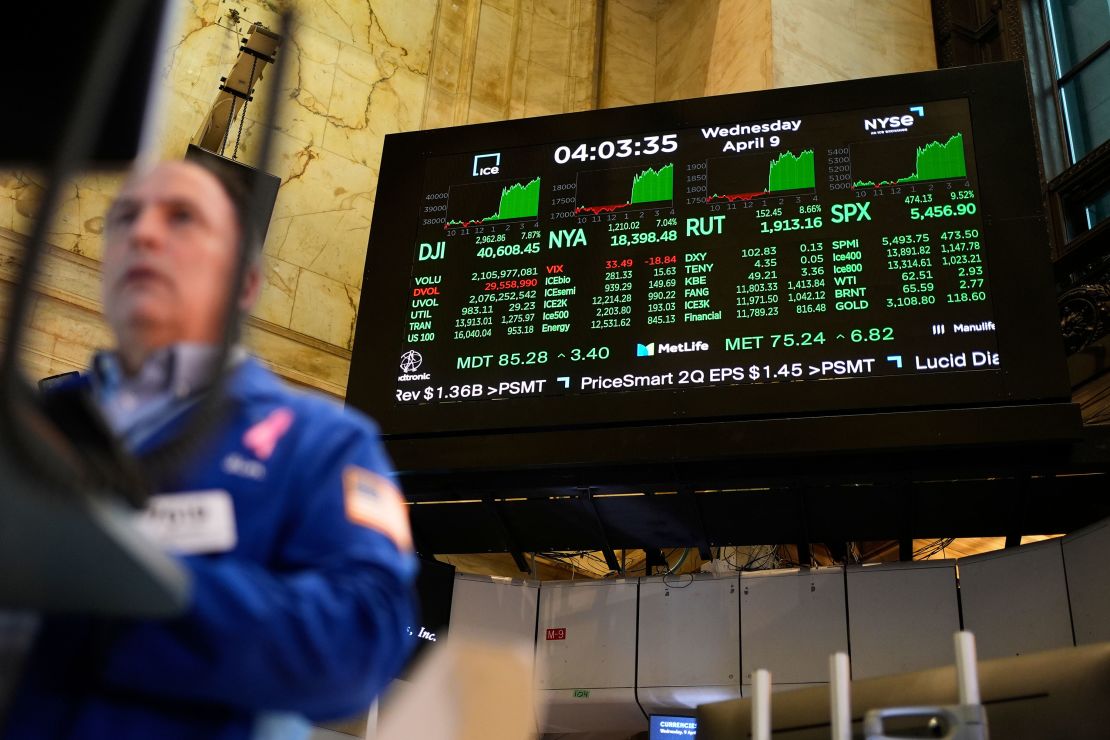
Trump’s Tariff Pause Sparks Record-Breaking Market Rebound, But Economists Warn Deep Scars Remain
This week, President Donald Trump declared victory as U.S. stock markets staged a stunning comeback following his decision to pause his aggressive new tariffs. Yet, beneath the euphoria of historic single-day gains, analysts caution that lasting economic damage from recent policy upheaval won’t be easy to reverse, and risks of a recession loom large.

“I guess they say it was the biggest day in financial history,” Trump boasted to reporters after the Dow soared nearly 8%, the S&P 500 jumped 9.5%—its best day since 2008—and the Nasdaq surged over 12%, second-best ever. In a candid aside, he told an ally, “Nobody’s ever heard of it. It’s gonna be a record.” This rally unfolded after Trump unexpectedly announced a 90-day pause on most new tariffs (excluding China), temporarily easing fears of an escalated trade conflict.

However, experts quickly poured cold water on the celebration. The recent tariff turmoil erased around $6 trillion from U.S. markets in one week. “Wall Street’s reaction was not a victory lap—it’s a gasp for oxygen,” CNN Business noted, emphasizing that prices remain far below previous levels and investor trust is deeply shaken.
Economists point out that this pause merely delays uncertainty. The 90-day window aims to spur dozens of complex trade deals, which could overwhelm even a well-managed administration. Joe Brusuelas, chief economist at RSM, bluntly predicted, “All this does is postpone temporarily what will likely be a series of punitive import taxes.” His firm recently increased odds of a near-term U.S. recession from 20% to 55%.
Complicating matters, Trump left in place aggressive tariffs, including 10% on virtually all imports and an eye-watering 125% on Chinese goods—the highest in history—as well as existing levies on metals and select goods from allies Mexico and Canada.

Business owners already battered by these shocks are raising prices or leaving products unimported, given the cash flow squeezes. “Many will just leave goods at the docks—they lack reserves to pay the tax,” Brusuelas warned.
Others questioned if the tariff drama was more about political optics. On Wednesday morning, Trump urged Americans on Truth Social that “THIS IS A GREAT TIME TO BUY!!!” emphasizing his long-standing fixation on the stock market’s performance as a barometer of his leadership.
Behind scenes, the financial system is still flashing red lights. The bond market—typically a safe haven—had been tumbling simultaneously with stocks, a rare and disturbing event. “The bond market spooked the president,” said Ed Yardeni of Yardeni Research. The complex sell-off signaled investor fears for broader U.S. economic stability, reminiscent of 2008 and 2020 crisis convulsions.
This backdrop makes Trump’s recent policy wins more crucial for his supporters. The White House touts a series of “Week 11” victories: job growth surpassing forecasts, crackdown on illegal immigration, progress on energy and defense, agricultural reforms, and the launch of the U.S. Investment Accelerator. These moves aim both to restore American industrial might and distract from recent economic volatility.
Still, veteran investors like Dan Ives called Trump’s tariffs “an epic debacle” that’s already inflicted real harm. Goldman Sachs economists pegged recession chances near 45%—essentially a coin toss. Christian Hoffman, head of fixed income at Thornburg, cautioned, “Uncertainty remains exceptionally high, and our attention will move… back to economic data to assess the damage.”
As markets catch their breath amid record bounces, fundamental questions about the U.S. economy’s resilience amid policy turbulence remain unresolved. Will Trump’s tariff maneuvering ultimately lead to a fairer trade environment, or leave deeper scars on American business?
What do you think about the market roller coaster and Trump’s economic strategy? Share your thoughts and join the debate below.